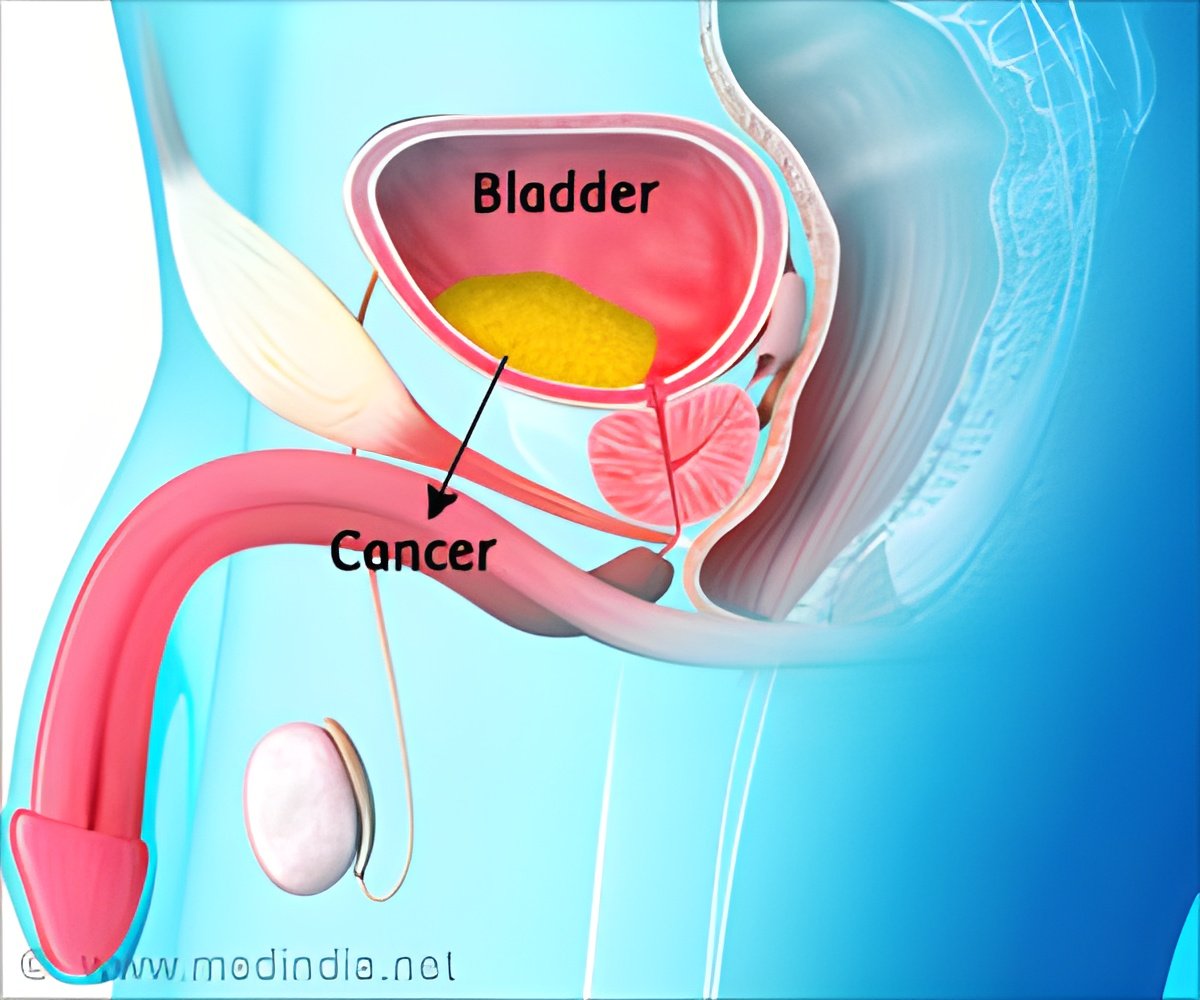Research team from Penn Medicine finds NLR biomarker to be ineffective in determining the treatment options for bladder cancer.

- Bladder Cancer is the fourth most common cancer among men.
- Neutrophil to lymphocyte ratio (NLR) biomarker is useful in detecting the progress of bladder cancer.
- A new study from Penn Medicine finds NLR biomarker to be ineffective in determining treatment options for bladder cancer.
The present research study led by Eric Ojerholm MD, Department of Radiation Oncology in the Perelman School of Medicine at the University of Pennysylvania raised certain doubts to the previous studies which focused NLR to be effective in determining the survival rate for bladder cancer. They also found that NLR was not helpful in predicting the chemotherapy benefits before surgery.
Ojerholm said, "Dozens of earlier studies reported NLR as a biomarker for bladder cancer, and we hoped that this would be true."
"Yet extraordinary claims require extraordinary evidence. And all prior studies relied on observational datasets. Many also used statistical methods that can lead to false positive results. So we decided to rigorously put NLR to the test." he added.
The research team analyzed data collected from the SWOG 8710 clinical trial with 317 bladder cancer patients who had radial cystectomies. Out of which half of these patients had chemotherapy treatment prior to surgery.
The research team identified 230 patients for prognostic analysis and 263 patients for predictive analysis to determine the overall survival rate and chemotherapy benefits for bladder cancer respectively.
The author concludes that no single study could be definitive and more evidence and research is required before using this biomarker.
Source-Medindia














